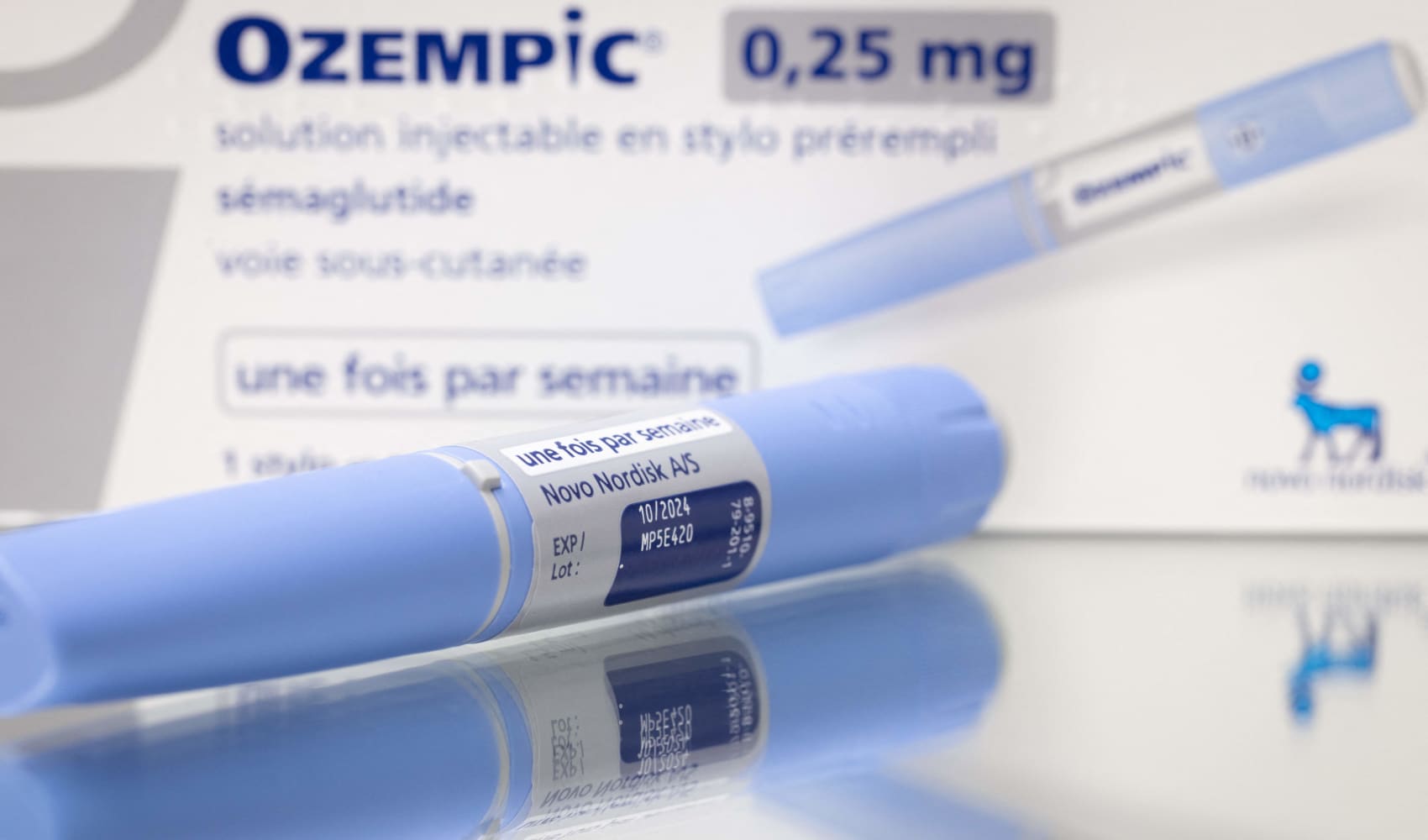For women trying to determine how long they can postpone starting a family, a new fertility predictor, called Plan Ahead, may provide some insight into the length of their fertile lifespan, but does this test offer only false promises?
"My hope is that Plan Ahead will help many women avoid the anguish caused by the early or unexpected arrival of declining fertility and menopause," stated Dr. Bill Ledger, the creator of Plan Ahead and professor of obstetrics & gynecology at the University of Sheffield in England in a press release.
Plan Ahead consists of a simple blood test—done by a doctor—on the third day of a woman's period. The blood sample is then sent to a lab where particular hormone levels are measured and compared to levels in the average woman of the same age. This allows the lab to estimate the number of eggs left in a woman's ovaries and predict her fertility for the next two years, claims Lifestyle Choices, the manufacturer of Plan Ahead.
Other "egg counters" only measure the amount of follicle-stimulating hormone (FSH) in the bloodstream. This particular hormone drops off towards the end of a woman's fertile years. However, Plan Ahead also tests for two other hormones, inhibin B and anti-mullerian hormone (AMH), which seem to decline earlier in a woman's reproductive life, signaling the beginning of the end, so to speak.
"By combining the test on all three hormones, we are able to offer women the most accurate ovarian reserve hormone test available in the world today," explains Ledger.
With more and more women putting off marriage till later in life, this test, which is available for purchase online from the British-based company, may offer women a way to gauge how long they have before they need to begin trying to start a family.
But not all fertility specialists are so convinced of the test's merits.
Health
"Imagine a woman finds out from Plan Ahead that she is set for two years; meanwhile, her husband has a low sperm count," explains Dr. Frederick Licciardi, associate professor of obstetrics and gynecology at New York University School of Medicine. "They keep trying for two years before they see a specialist and, at that point, it becomes much more difficult for the woman to become pregnant because of her age."
Normally, a woman's ability to become pregnant drops sharply after the age of 35, but problems with infertility can begin even earlier. Many of these problems come from the limited number of eggs in a woman's ovaries. At birth, a woman has about two million eggs in her ovaries, but by age 20 only 20,000 are left, which drop to 10,000 by age 40. It may sound like a lot, but most of these eggs will ultimately be reabsorbed by the ovaries by the time of menopause. Since 1 in 100 women enter menopause by the age of 40, most of these eggs will never have any potential of becoming fertilized.
Licciardi worries about the false sense of security that Plan Ahead may give to a woman or a couple. "There are so many factors that need to be taken into consideration," he says. For example, if the results of the test show that a 39-year-old woman will likely be fertile for the next two years, she may put off trying. "It's still hard to get pregnant at age 41, no matter what," says Licciardi.
Additionally, the hormones that the Plan Ahead test measures, inhibin B and AMH, have not yet been proven as an accurate measure of a woman's future fertility, Licciardi adds. Regardless, all of the tests that Plan Ahead offers can be done by a fertility specialist. And if a woman does discover that her fertile days are numbered, a fertility specialist will be better able to advise her of her options.
"This test may be able to give them an estimate," says Licciardi. "But I don't know if you can really predict these things."



